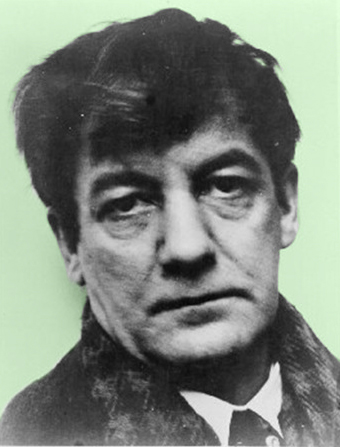
Sherwood Anderson writes Gertrude Stein with his decision to no longer try to earn a living by writing. While he will continue to write, Anderson explains, he worries that if he attempts to make a living through writing, he will become “a hack.” By the 1930s, Anderson was somewhat less influential in American literature, although still highly respected among other writers.
[Troutdale, Va., Fall? 1927]
Dear Gertrude,
A dumb summer after a dumb winter. Have been in a continuous jam. Now I think I am getting out. Made up my mind that the grand trouble with me was that I was trying to live by writing. It is so easy over here and so difficult. I had begun trying to work on a schedule and was pressing, off my stroke etc. Up until two or three years ago, as I guess you know, I had always made my living by writing advertisements. Hated to go back to that but had made up my mind to do it.
Then something came up. Near me there is a count[r]y town named Marion, Virginia. It is a prosperous little town, country seat etc and had a weekly paper that makes money. It is filled with town news, who married, who went to visit Aunt Mary, who died etcetc. The man who owned it had to sell and I am buying it and hope to live by it.
That is my definite news. I did not want to write anything that was not fun doing. I knew that if I went on trying to make my living by it I would soon be a hack. I shall not try to do anything with the paper—I mean in the way of uplifting the town. I’ll just run around and get the local news and stick it in. Have an idea it will be great fun.
Aside from that there is no news. We are in the country. It is gorgeous here now. Most of the year I can drive to my newspaper over the mountains. When the snow is deep I shall have to stay over there about four days a week.
Of course I am on a book but I am going to let it take its own time. Write me the news of yourself.
Sherwood A—
The Flowers of Friendship: Letters written to Gertrude Stein. Edited by Donald Gallup. New York: Octagon Books, 1979. p. 211-2


